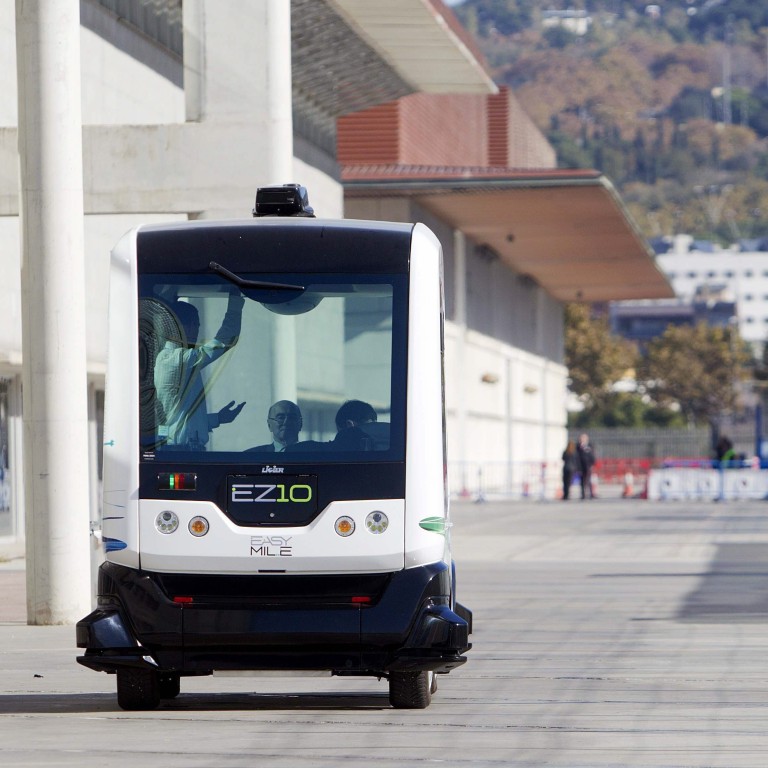
China poised for leadership role in smart city technology as rural to urban migration continues
China will take the lead in developing smart city technology in the coming five years, officials say
China will take the lead in developing smart city technology in the coming five years, tapping a potential market worth US$1.5 trillion globally, Chinese officials said.
Chinese authorities said smart city technology has becomes a key national policy to help drive the country’s rapid urbanization, Dr. Shan Zhiguang, Director for the State Information Center's Informatization Research Department said on Tuesday at the Aisa-Pacific Smart City Development Summit Forum in Shenzhen.
He believes the smart city mode of development is ideal for the country's urbanization, adding that hundreds of government-led smart city pilot projects are under way across China.
“From now to 2020, over 100 million Chinese people are moving into cities from the countryside. It’s an impossible mission for any of developed countries in the west.” Shan said.
Few areas in the world could have as big a smart city market as China. About 70 per cent of the population estimated to reach 1.4 billion people by 2030 will be living in cities, according to Chen Ying, deputy director of the software division of the Ministry of Industry and Information Technology.
Shan said the central government has made great efforts in the field since 2013 by introducing various support policies and launching pilot projects across the country in the construction of smart cities.
Eficiency in smart city development has even been adopted as a performance benchmark in work assessment for local officials in some provinces, Shan said.
Xu Ming, vice president of ZTE Corporation, one of the country’s tech titans, said China will be among the first countries in the world to have a smart city model that could be adopted by other nations.
“Many countries are running their smart city pilot projects. But according to what we observed, none of them can move on the development as systematically as China.
Both Xu and Wan Biyu, vice chairman of International Standardization Organization smart city infrastructure measurement sub technical committee, call upon the Chinese government to work with International institutes in establishing smart city standards.
Frost & Sullivan research estimates a combined market potential of US$1.5 trillion globally for the smart city market in segments of energy, transportation, healthcare, building, infrastructure, and governance, according to forbes.com.
In October, IDC Government Insights announced Singapore and the mainland rank as the big winners of the "smart city initiatives" 2015 contest across the Asia-Pacific region excluding Japan.
Singpoare won in four out of 14 categories, trumping the runner-up China which won in three categories. The four categories Singapore shone in were transportation, land use and environmental management, water as well as education.

